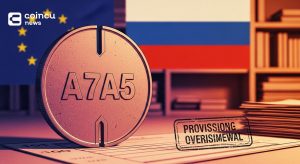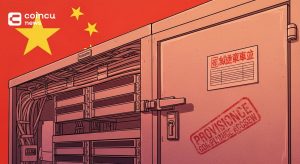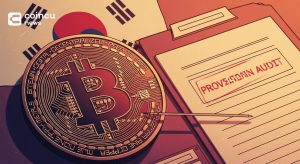Key Points:
- South Korea announced guidelines outlining which specific cryptocurrencies will be subject to the same rules as financial instruments.
- Digital assets that offer a stake in business operations, dividend rights, or a cut of corporate earnings are likely to satisfy the criterion.
- The action is a component of the continuous evaluation of digital assets and the creation of thorough laws for the industry.
The Financial Services Commission (FSC) of South Korea announced guidelines on Monday outlining which blockchain-based versions of conventional securities, referred to as security tokens, will be subject to the nation’s capital markets regulations.
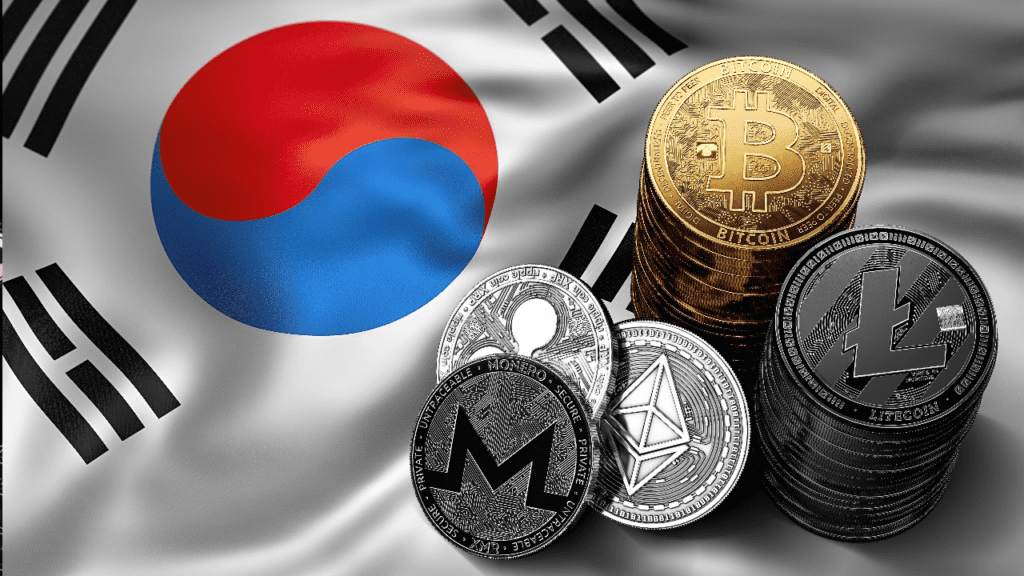
According to the FSC, blockchain-based tokens will be considered and governed as securities provided they meet the criteria outlined in the nation’s Capital Markets Act.
According to the Capital Markets Act, securities are financial investment products that do not require investors to make extra payments above and beyond their initial investment.
The FSC stated examples of digital assets that are probably going to be categorized as securities include those that provide investors a stake in how a firm is run, the right to dividends or residual property, or the ability to have the issuer assign corporate earnings to the investors.
Cryptocurrencies and other digital assets that resemble securities will be managed by the Capital Markets Law, whilst those that don’t fall within that category will be subject to laws for digital assets that are presently being developed.
The guideline makes it clear that stablecoins, a type of cryptocurrency used for payments and as a means of exchange that is tied to the value of other currencies like the U.S. dollar, would probably not be included in the definition of securities. Security tokens are also likely to exclude digital assets that have no issuer and do not have to meet the duties consistent with the investor’s rights.
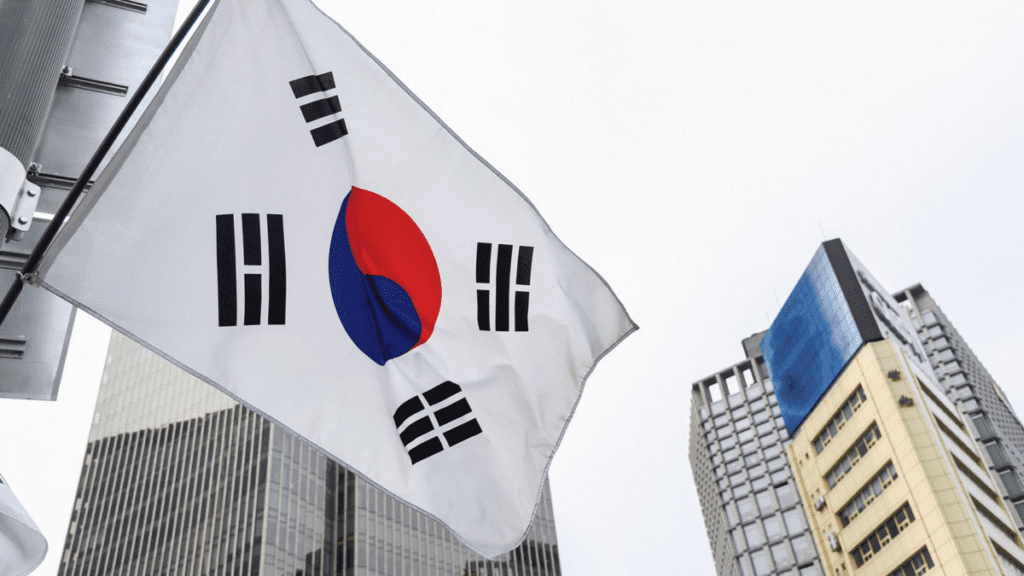
In the coming months, South Korea is anticipated to release new crypto regulations, making it the most recent nation to implement a regulatory framework in response to the failure of well-known operators, including the nation’s own Terraform Labs, the organization responsible for the Terra blockchain, last year.
The country is also seeking to fully regulate the cryptocurrency and blockchain industries, with the National Assembly’s members now debating 17 different legislation frameworks pertaining to the industry. The negotiations are intended to produce the Digital Asset Basic Act (DABA), a comprehensive legislative framework for policing Korea’s burgeoning cryptocurrency market.
DISCLAIMER: The Information on this website is provided as general market commentary and does not constitute investment advice. We encourage you to do your own research before investing.
Join us to keep track of news: https://linktr.ee/coincu
Website: coincu.com
Harold
Coincu News









